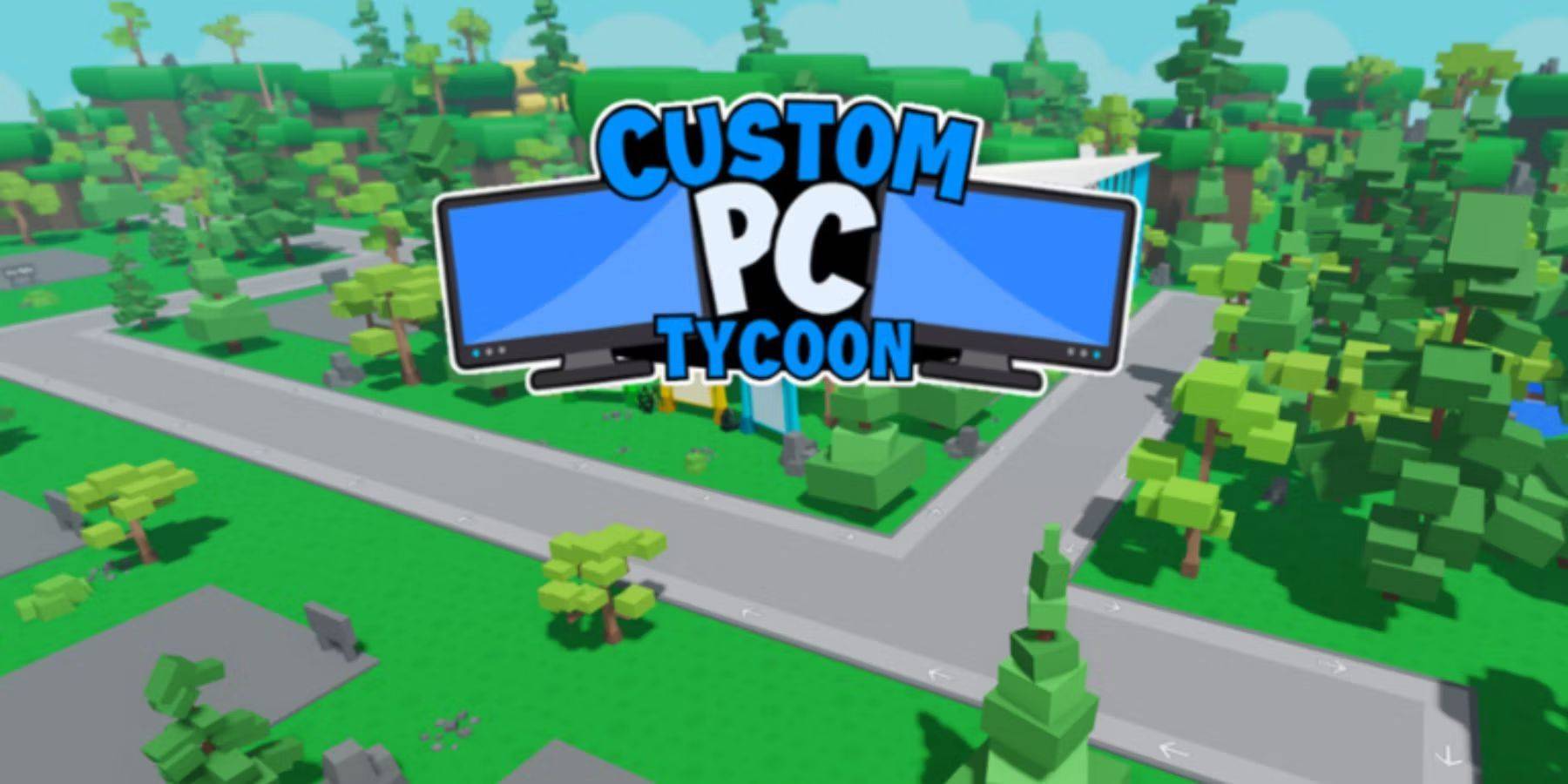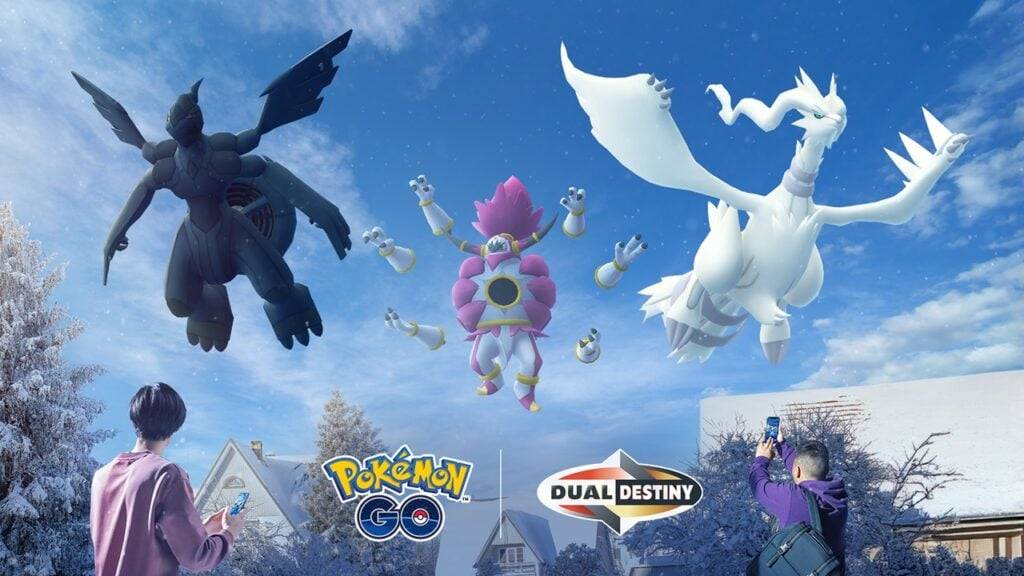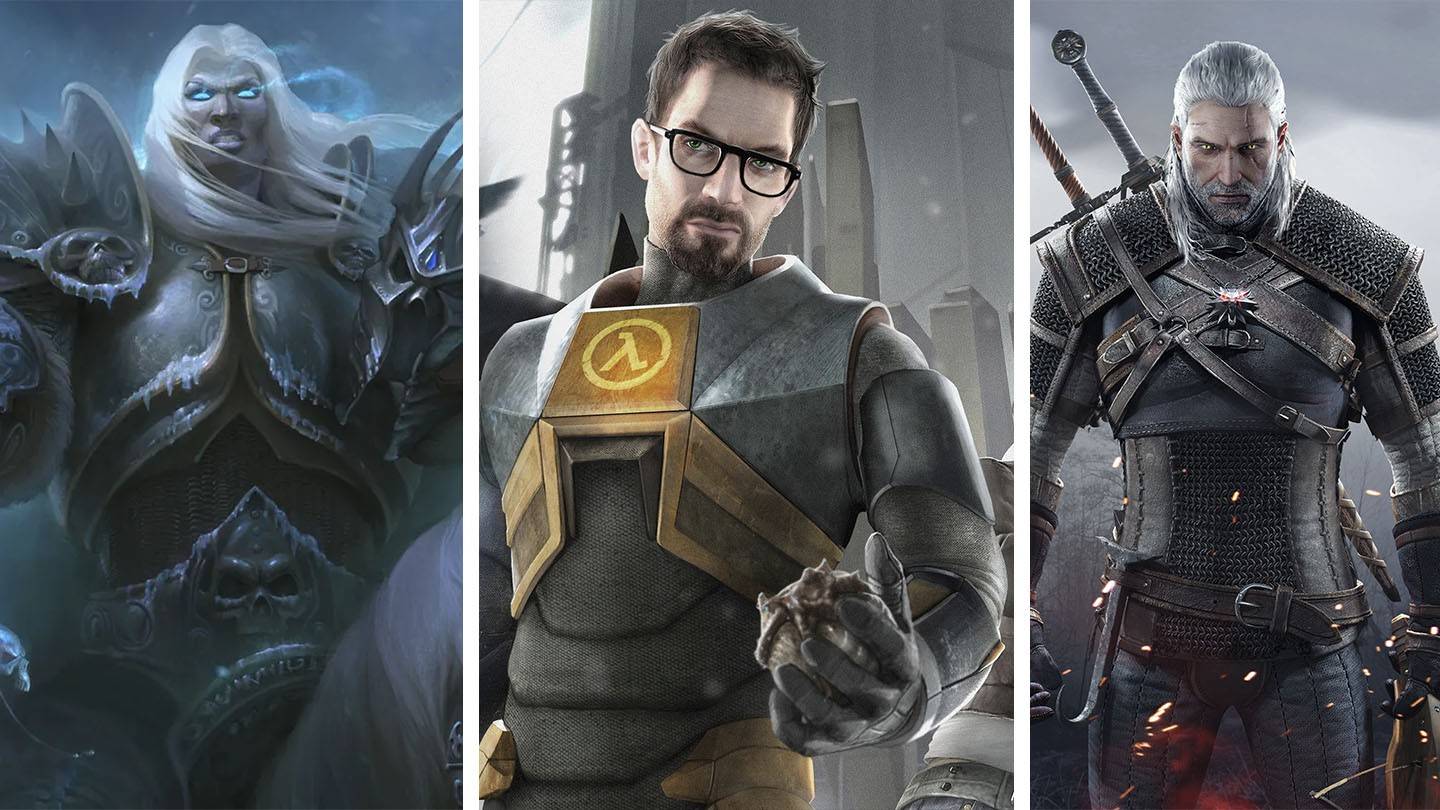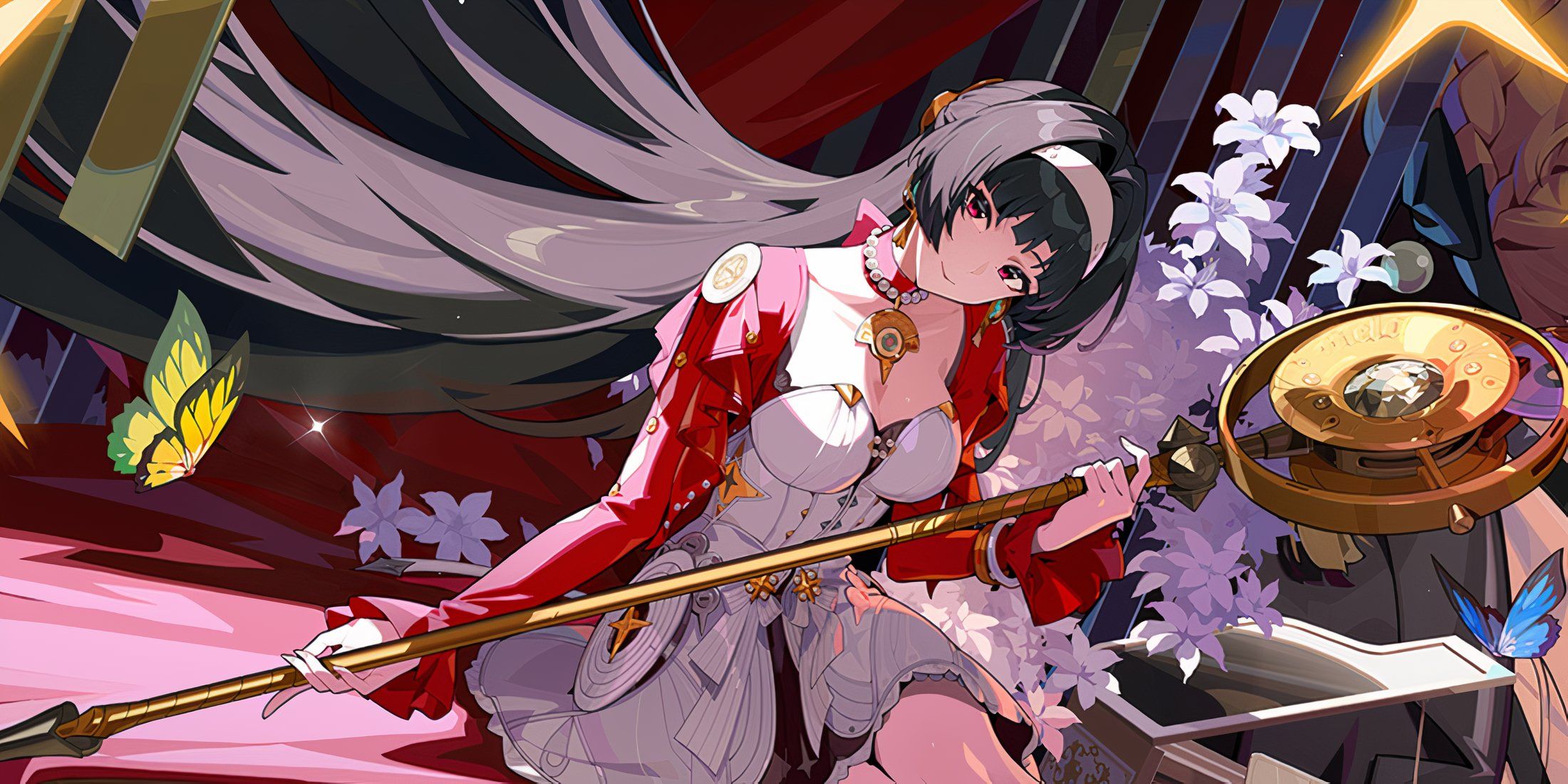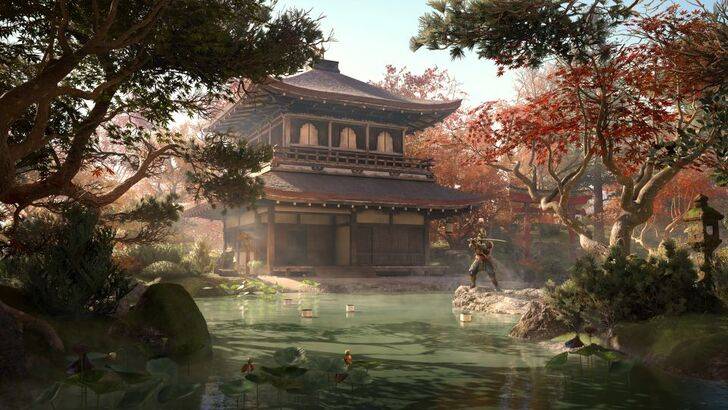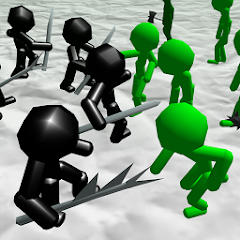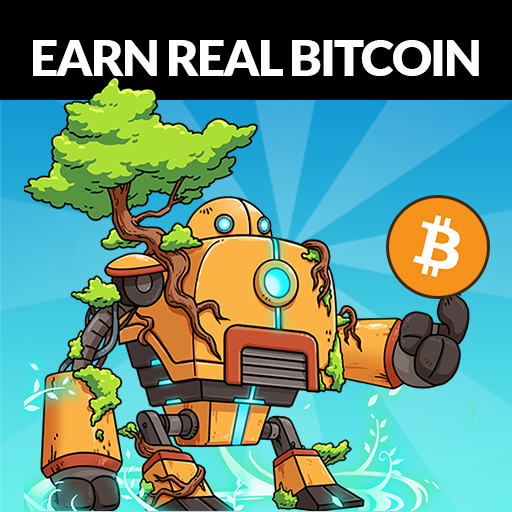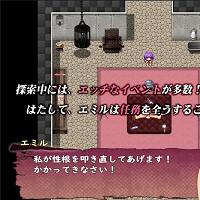Minecraft: From Humble Beginnings to Global Phenomenon
Few realize the journey of Minecraft, one of the world's most popular video games, was anything but straightforward. This article explores the evolution of Minecraft from its 2009 inception to its current status as a cultural touchstone that redefined the gaming landscape.
Table of Contents
- Initial Concept and First Release
- Building a Dedicated Player Base
- Official Launch and Global Domination
- A Timeline of Minecraft Versions
Initial Concept and First Release
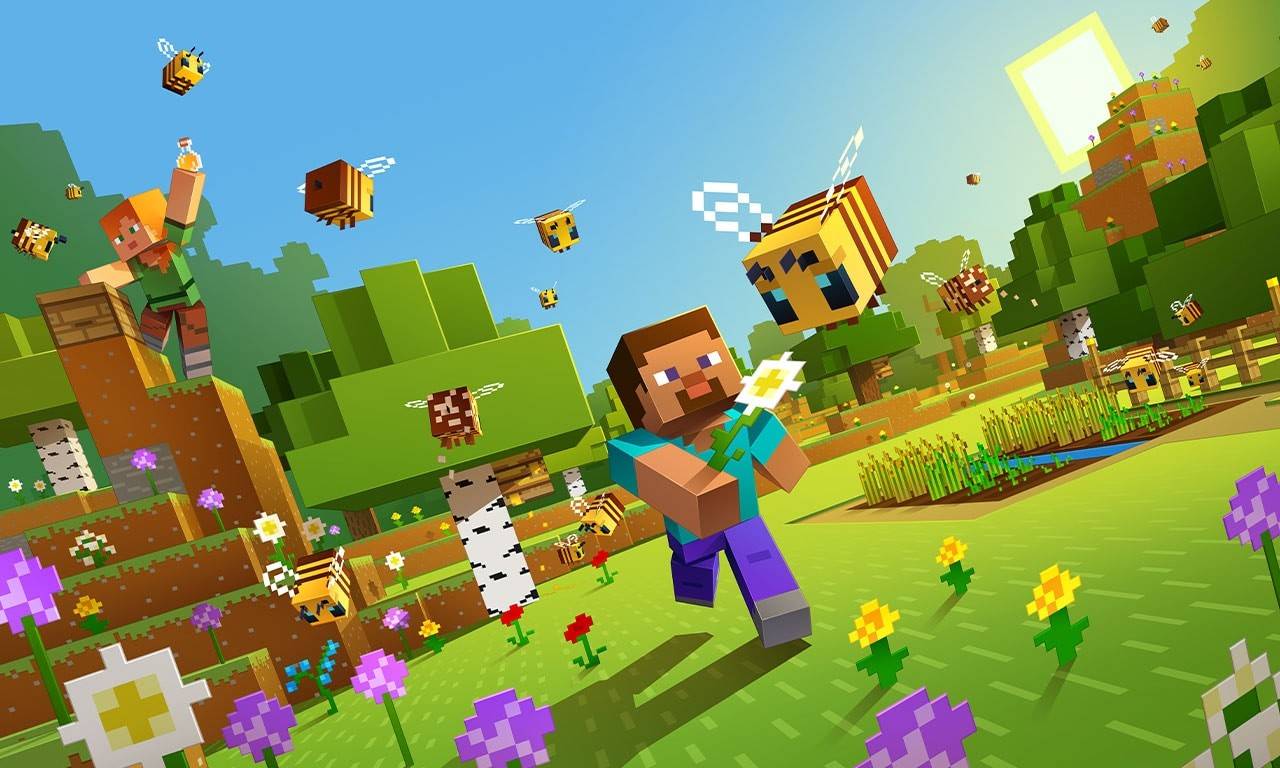 Image: apkpure.cfd
Image: apkpure.cfd
Minecraft's story begins in Sweden with Markus Persson, known as "Notch." Inspired by games like Dwarf Fortress, Dungeon Keeper, and Infiniminer, Notch envisioned a game emphasizing free-form building and exploration. The alpha version debuted on May 17, 2009, a lightweight pixelated sandbox created during Notch's downtime from his King.com employment. Its immediate appeal lay in its simple yet engaging building mechanics, quickly attracting a growing player base.
Building a Dedicated Player Base
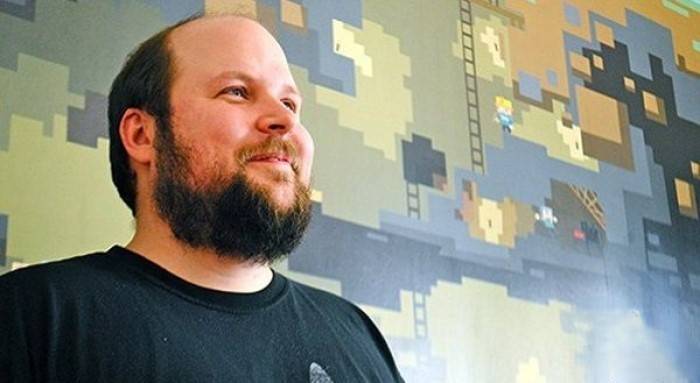 Image: miastogier.pl
Image: miastogier.pl
Word-of-mouth and online buzz propelled Minecraft's rapid ascent. By 2010, the game transitioned to beta, prompting Notch to establish Mojang Studios to fully dedicate himself to its development. Minecraft's unique concept and boundless creative possibilities resonated deeply with players, who built everything from homes and famous landmarks to entire cities. A pivotal update introduced Redstone, a game-changing element enabling the creation of complex mechanisms.
Official Launch and Global Domination
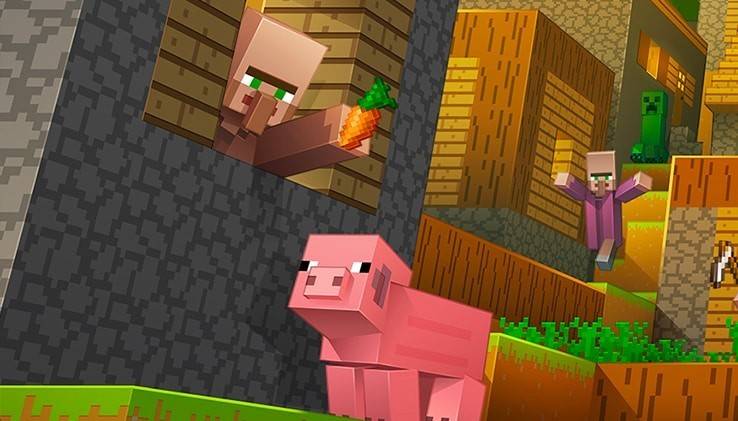 Image: minecraft.net
Image: minecraft.net
Minecraft's official 1.0 release on November 18, 2011, solidified its position as a global phenomenon. Millions of players were already engaged, forming one of the largest and most active gaming communities worldwide. Players created custom modifications, maps, and even educational projects, expanding the game's reach and influence. In 2012, Mojang's partnerships with various platforms brought Minecraft to consoles like the Xbox 360 and PlayStation 3, further broadening its appeal to a wider audience, particularly children and teenagers. The game's blend of entertainment and educational potential proved a significant draw.
A Timeline of Minecraft Versions
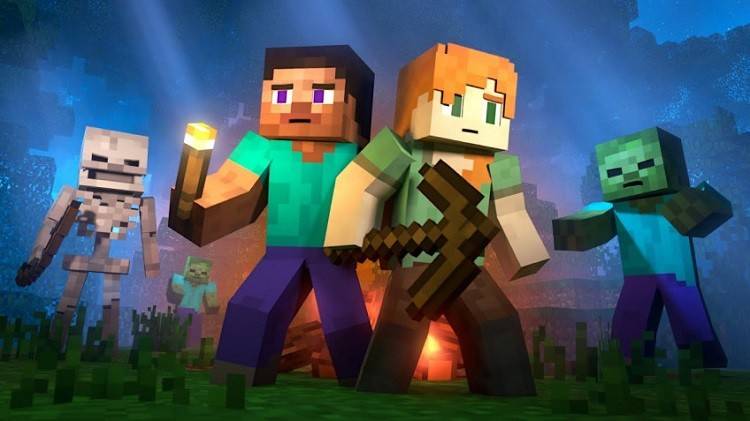 Image: aparat.com
Image: aparat.com
The following table highlights key Minecraft versions post-launch:
| Version | Description |
|---|---|
| Minecraft Classic | The original free version. |
| Minecraft: Java Edition | Initially lacked cross-platform play; later integrated with Bedrock Edition on PC. |
| Minecraft: Bedrock Edition | Introduced cross-platform play across Bedrock versions; PC version includes Java. |
| Minecraft mobile | Cross-platform compatible with other Bedrock editions. |
| Minecraft for Chromebook | Chromebook-specific version. |
| Minecraft for Nintendo Switch | Includes the Super Mario Mash-up pack. |
| Minecraft for PlayStation | Cross-platform compatible with other Bedrock editions. |
| Minecraft for Xbox One | Partially Bedrock; no longer receiving updates. |
| Minecraft for Xbox 360 | Support discontinued after the Aquatic Update. |
| Minecraft for PS4 | Partially Bedrock; no longer receiving updates. |
| Minecraft for PS3 | Support discontinued. |
| Minecraft for PlayStation Vita | Support discontinued. |
| Minecraft for Wii U | Featured off-screen play. |
| Minecraft: New Nintendo 3DS Edition | Support discontinued. |
| Minecraft for China | China-only version. |
| Minecraft Education | Educational version used in schools and learning environments. |
| Minecraft: PI Edition | Educational version for Raspberry PI. |
Minecraft's legacy extends far beyond the game itself. It's a thriving ecosystem encompassing vibrant communities, popular YouTube channels, extensive merchandise, and even official competitive events. Ongoing updates continue to introduce new biomes, characters, and features, ensuring Minecraft remains a captivating and ever-evolving experience.

 Latest Downloads
Latest Downloads
 Downlaod
Downlaod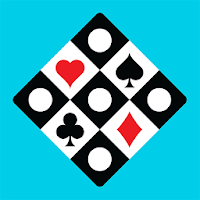
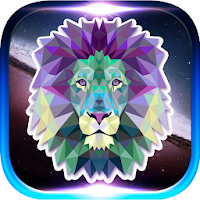
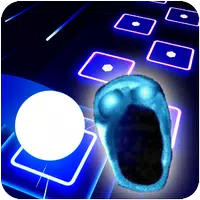

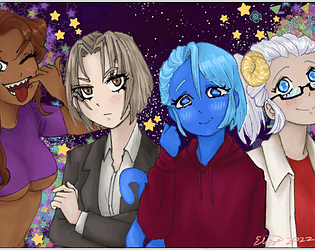
 Top News
Top News